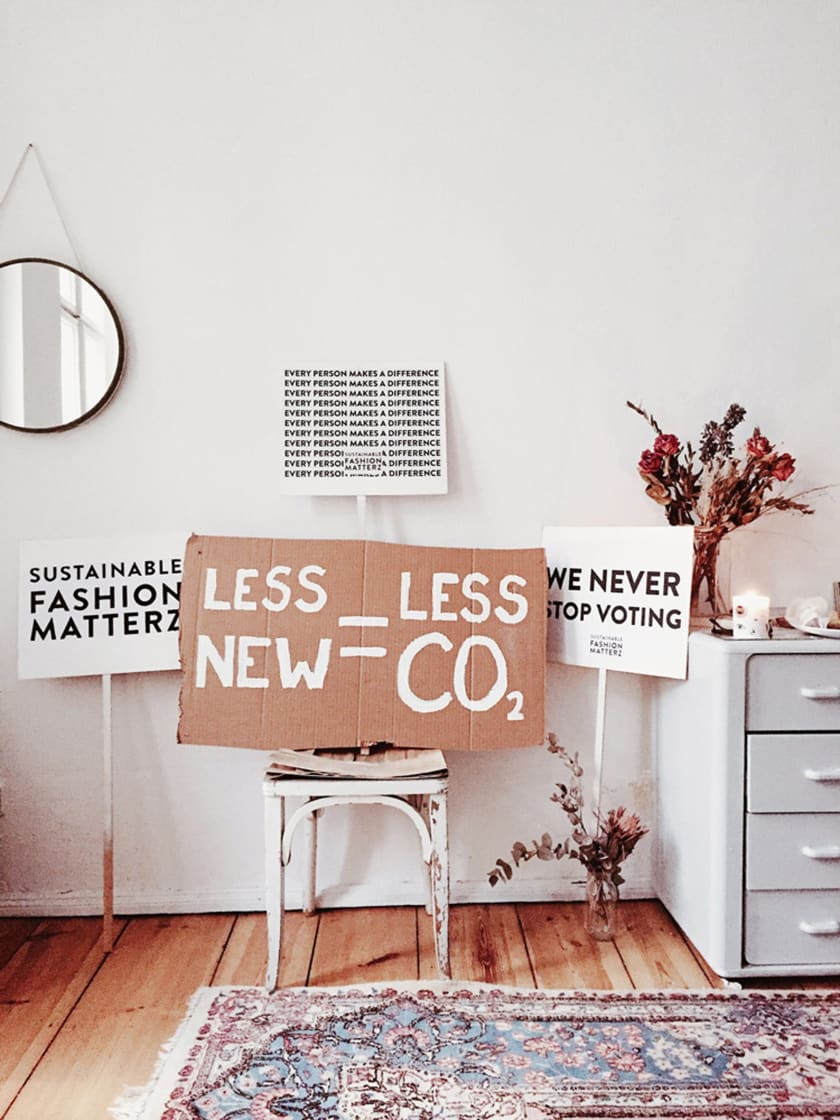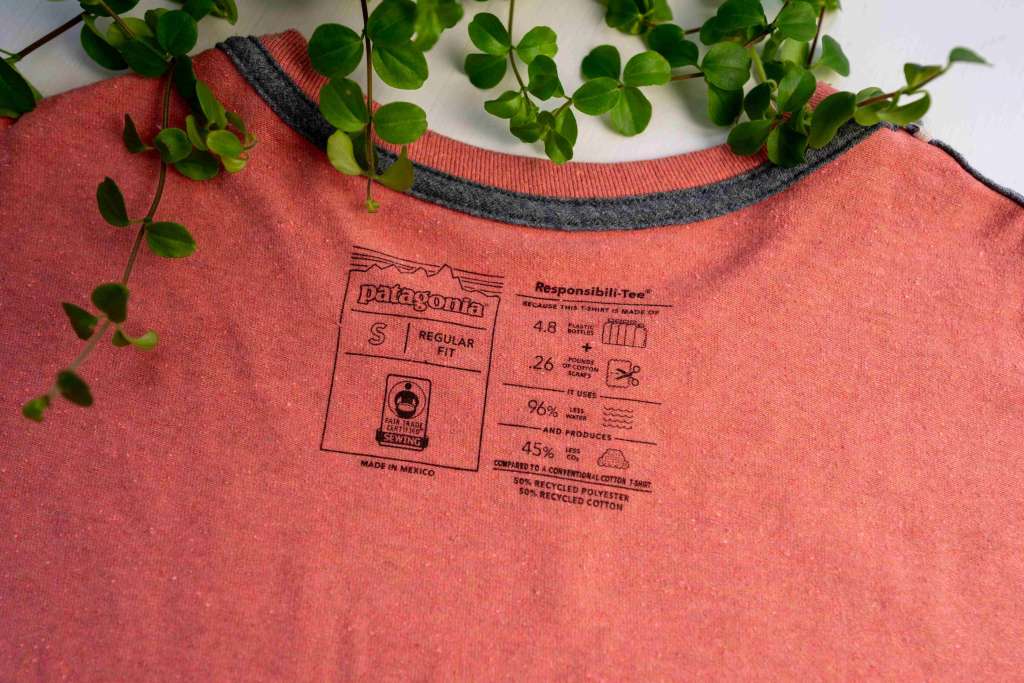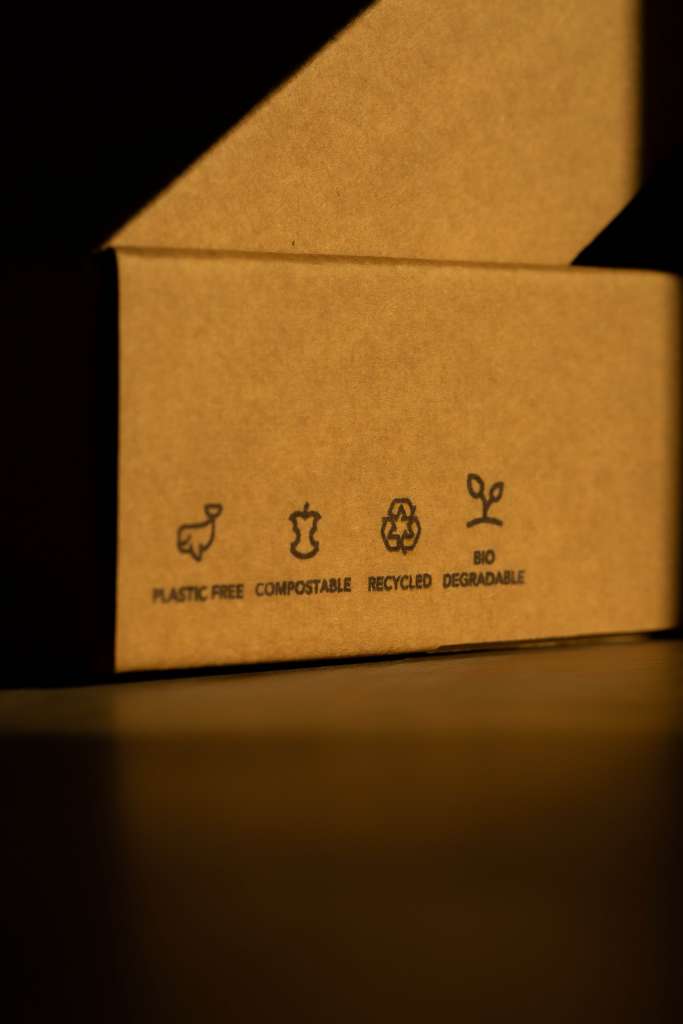Patagonia: A Sustainable Fashion And Ethical Clothing Brand



Summary: The fashion industry contributes a large percentage of carbon emissions to our environment. Sustainability in the fashion industry is the need of the hour and is now a choice for many. The increase in awareness and demand for sustainable and durable clothing is why many new sustainable brands are coming into being and why more well-established big brands are making noticeable efforts to adopt sustainable practices.
Although generation Z is the one giving most business to the fashion industry, they are more aware of their choices. People now want to know what they are buying, they are going in-depth to know what practices their choice of brands are engaging in. Gen Z seems to want to invest in sustainable brands more than ever. According to research in 2021, 59% of people are willing to pay 10% more for sustainable products.
Patagonia is of the brands leading the way to sustainability practices in manufacturing and supply chains. It became the first brand to switch to using only organically grown cotton in 1996, and since then, there has been no looking back for the brand as it strives towards zero emissions.
The brand also became successful in initiating and helping to create a Sustainable Apparel Coalition with 49 members at present comprising top leaders in the apparel industry, non-governmental organizations, academia and the U.S. Environmental Protection Agency. The coalition is aiming for a clothing industry that does no harm to the environment and positively affects the people associated with it.
Patagonia Sustainability
Patagonia ticks many boxes of being a sustainable brand. It is not just a brand leading in outdoor apparel but is out there supporting sustainability in fashion by providing some provisions that can second that.
Provisions by the Brand
- 85% of clothes end up in landfills, and the cleaning and disposal of garments in these landfills increase the environmental impact. Patagonia encourages buying less. It runs "Worn Wear," a program that promotes reuse. It allows its customers to trade in their old Patagonia products and buy used clothing.
- Patagonia offers repair, replacement, or refunds for apparel if it does not satisfy the customer or they detect a problem with it. The brand also offers to repair damage due to wear and tear at a reasonable charge.
- Patagonia allows its employees to dedicate up to two months of fully paid time to the environment.
- One percent of the earth tax is another way of giving to the environment. Patagonia gives one percent of its sales every year to help increase more sustainable practices in the apparel industry.
- Patagonia as a brand is quite transparent with its practices. The brand is not hesitant to show its customers the materials and techniques used to make its clothing, but it is out there with its marketing. Instead of the conventional marketing method, Patagonia uses activism for its advertisements. A famous example of this is their "don’t buy this jacket" campaign.

Manufacturing Techniques
After taking the first step of using 100% organically grown cotton, Patagonia used more steps and techniques to strive towards achieving its aim. Here are some of those techniques:
- The brand increased the use of preferred materials, including organic and regenerative organic cotton, hemp, recycled polyester and recycled nylon.
- Organic farming helps reduce 45% of CO2 emissions and 90% of water usage by employing natural methods of maintaining growth instead of environmentally harmful chemicals.
- Regenerative farming practices rehabilitate the soil and help to improve animal welfare.
- Patagonia uses advanced dyeing techniques that add to Patagonia’s sustainability.
- They also use ethical sourcing for material that needs to be sourced for production.
- A large percentage of the brand’s manufacturing units use renewable energy, and the company is to do the same for the full business.

Future Goals
Although it is leading the mission to eliminate any environmental harm, Patagonia does not call itself a sustainable brand, as it understands that it is part of the problem, among others. They believe that only reducing is not enough; elimination is the goal. The brand runs with a vital aim and has set sustainability goals to achieve it. Some of its future goals include:
- to eliminate virgin petroleum fiber from its products and only use preferred materials.
- to make its packaging 100% reusable, home compostable, renewable, or easily recyclable.
- Its priority isn’t just offsetting emissions; it’s eliminating them. They aim to be net zero by 2040 across the entire business.

Key Takeaways
- Sustainable fashion brands are on the rise, understanding the need to take care of the environment and the people connected with the apparel industry.
- Patagonia is a leading brand that paved the way for taking noticeable steps to eliminate any environmental harm and made sure to be rigid and transparent in its sustainable practices.
- More brands are joining the mission of revolutionizing sustainability and ethics.
If you are a new or active brand and want to take sustainable steps for your products, contact us at fashinza to help you do it.



















